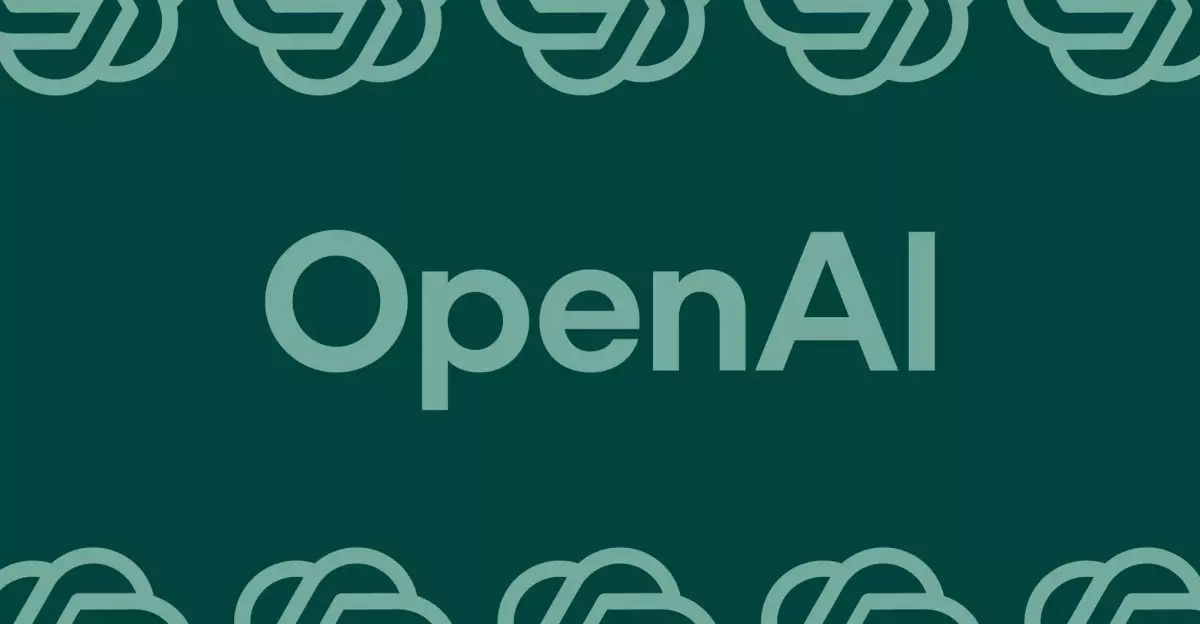OpenAI has once again made waves in the technology landscape with its innovative Responses API, designed to empower developers to create smart agents that can dramatically enhance our interaction with artificial intelligence. This API is not merely an upgrade; it is a significant leap forward, serving as a comprehensive toolkit that incorporates web searching, file analysis, and operational capabilities into a seamless package. In an era where efficiency and capability dictate success, this new offering could redefine how AI applications function across various industries.
Building Blocks for the Future
At the core of the Responses API lies the promise of customization and flexibility. As articulated by Olivier Godement, OpenAI’s head of product, the platform provides foundational elements that enable developers to construct bespoke agents tailored to specific use cases. Unlike the traditional monolithic AI solutions, which often impose limitations, this responsive framework is akin to laying down individual bricks, inviting creativity and innovation in constructing complex digital architectures. By allowing developers to design agents like Deep Research and Operator, OpenAI is actually democratizing AI, promoting a culture where anyone with a vision can carve out their path in the expansive realm of technology.
Real-Time Information and Enhanced Productivity
The Responses API is particularly promising due to its integrated web search capabilities. By leveraging a search model mirroring that of ChatGPT, developers can fetch real-time information and citations directly from the web. This function isn’t merely an add-on; it is a revolutionary feature that could significantly streamline processes in fields such as research, customer service, and legal assistance. For example, customer support agents will be able to sift through FAQs more efficiently, while legal assistants could quickly locate relevant case histories—transforming hours of tedious document review into mere minutes of scrutiny.
Moreover, the ability to perform computer tasks autonomously equips users with newfound productivity. Imagine an office assistant that not only schedules meetings but can also analyze data sets or compile reports without human intervention. This degree of automation doesn’t just enhance individual productivity; it redefines team dynamics and operational efficiency within organizations, enabling professionals to concentrate on strategic decision-making rather than mundane tasks.
The Agents SDK: Facilitating Complex Workflows
Complementing the Responses API is OpenAI’s Agents SDK, which acts as the conductor to the orchestra of AI agents. The beauty of this orchestration lies in its methodical approach—enabling multiple atomic units of action (as described by product manager Nikunj Handa) to function seamlessly together. This feature addresses a significant gap in previous frameworks, where coordinating multiple AI agents to achieve complex tasks often led to bottlenecks and inefficiencies. By addressing these concerns, OpenAI’s new tools facilitate a more integrated operational model that is capable of tackling multifaceted challenges in real-time.
Developers now face the exhilarating opportunity to rethink their workflows, combining various AI functionalities into cohesive units that can adapt to a mission’s nuances. This capability allows for a level of sophistication that surpasses previous iterations, making it an essential addition for those committed to staying ahead of the technological curve.
Looking Ahead: Transitioning from Assistants API
As exciting as these advancements are, OpenAI is forward-thinking in its approach by announcing plans to replace the existing Assistants API with the Responses API by mid-2026. This proactive transition shows OpenAI’s dedication to continuous improvement, shaped by developer feedback and real-world application needs. Such an adaptive approach ensures that the tools provided not only meet but anticipate the evolving landscape of AI functionality and user engagement.
With this update, developers can expect enhanced performance and more robust features, ensuring they are equipped with the best tools possible in the fast-paced world of technology. OpenAI’s willingness to listen and iterate makes it a leader in the field, inviting constructive criticism as a catalyst for growth, and solidifying its role as a key player in the AI revolution.
In a world where technology continues to evolve at an unprecedented pace, OpenAI’s Responses API offers a beacon of empowerment, enabling developers to craft the next generation of AI agents that will shape our future. It’s not just about building tools but building possibilities.

